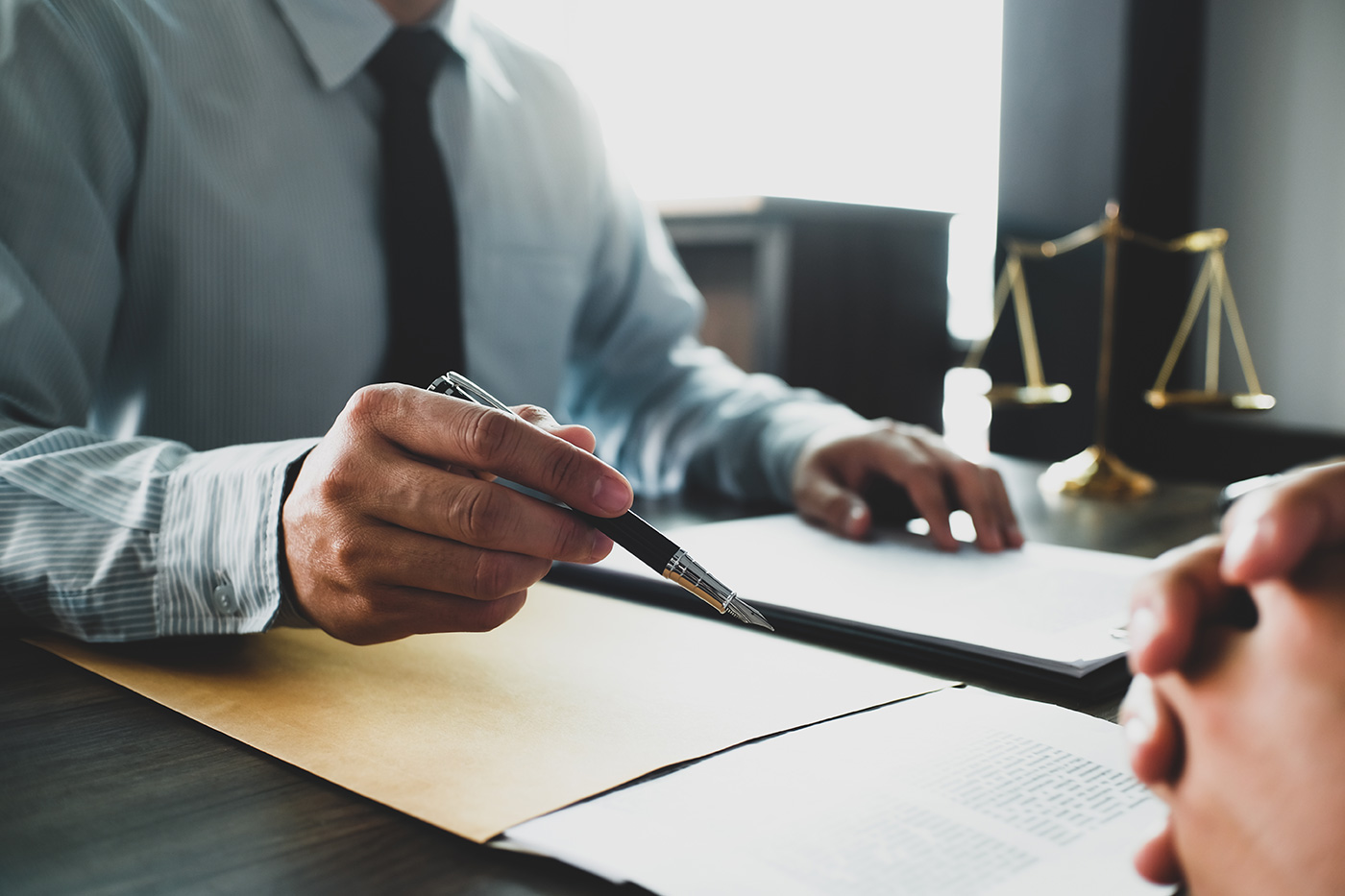
The top 3 things to do if the police arrest you
You just got arrested. Here are the top 3 things you must do if this happens.
Being arrested, particularly for the first time, can be extremely stressful. If you’re lucky and the arrest was civil, police might have booked an arrest by appointment. This is where they give you a time to attend the police station and you’re not even handcuffed. You just get led away by police to the back part of the station and are interviewed and charged.
Further up the scale is the “surprise” arrest where police tell you they “just want to talk to you” about a matter. They get you to attend the police station, then as soon as you’re inside they arrest you by surprise. This tactic is designed to intimidate you into confessing whatever alleged offences the police suspect you committed, before you have time to realize what’s going on.
Then at the higher end of the scale are the violent arrests, such as four police tackling you to the ground and putting you in a “chicken wing” hold then handcuffing your hands behind your back. These arrests can be highly intimidating and some accused may feel they need to confess to the police for fear of further physical assaults from the police.
Either way, being arrested places you in a precarious situation and you need to know how to deal effectively with the police. This is easier said than done because, as outlined, it’s an intimidating position to be in. You’re most likely wondering about when or if you will be released. You might be thinking you’re going to prison and you won’t be seeing your local streets for several months or worse. All of these sorts of thoughts can impact your ability to effectively deal with the police.
My top three things to do if the police arrest you are as follows:
1. Only tell the police your name, address and date of birth
This is, generally, all you are required to tell the police by law. There are some exceptions, such as if you’ve been served with a data access order, or in traffic cases where you’re required to also produce your license. But generally if arrested for criminal charges, these are the only details you have to provide.
Any other questions can simply be answered “no comment”.
This not only preserves your right to silence but also places you in the best possible position to defend any charges that are ultimately laid.
2. Call a lawyer
Calling a lawyer should probably be number 1 on the list, but the chance to call a lawyer is usually only provided after the police have already requested your personal details. In any case when you are under arrest, you have the right to a reasonable opportunity to communicate with a lawyer. When you speak to a lawyer, they will likely remind you of your right to silence and probably advise you to say “no comment” to everything except the personal details outlined above. This can be of critical assistance for an accused who is absorbed in the frantic and stressful situation of being arrested. It is easy to forget how to deal with an arrest when it is occurring, or to doubt what is clearly the best course of action.
Unfortunately, many accused persons fail to call a lawyer or do so only after they have made significant admissions against their interest. It is critical that you call a lawyer before speaking to the police about any alleged offences.
3. Follow your lawyer’s advice
This is probably repeating tip 2 to some extent, but it is very useful advice. Many accused persons take advice from a lawyer but then make significant admissions against their interest. They might be intimidated, or not know their lawyer well enough to trust their advice. Either way, doing so is never a good idea. Talking to the police carries the risk of strengthening a weak case, or developing a case for the police where there wasn’t even enough evidence to charge. There is no obligation to speak to the police when arrested and doing so will not make the police give you bail, or release you without charge. All it does is makes it far more likely that the police will have sufficient evidence to charge or convict you, making your prospects of bail that much more remote.
If you require expert advice about how to deal with the police upon arrest, don’t hesitate to contact James Jackson Criminal Defence today.


